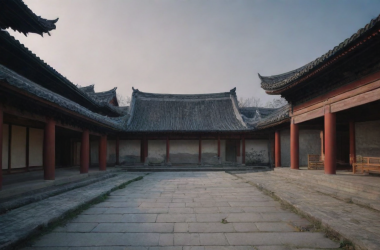Following extensive discussions and feedback from industry representatives, the Directorate General of Foreign Trade (DGFT) has issued a critical notification granting exemptions on quality control orders (QCOs) for the import of certain goods. This decision, aimed at alleviating concerns from various sectors, specifically benefits the import of viscose staple fiber, numerous steel items, and recently, goods outlined by the Ministry of Textiles, under the advance authorization scheme. This scheme facilitates duty-free import of input goods destined to be physically incorporated in export products, thereby supporting India’s export-driven sectors by ensuring the uninterrupted supply of key raw materials.
The move arrives nearly two months after a pivotal meeting on January 10, where the Ministry of Commerce and Industry, after engaging with industry stakeholders, initially decided against a blanket exemption from QCOs for imports under advance authorization. The discussions highlighted the exporters’ struggles, particularly the stringent requirements set by foreign buyers for specific input goods that fall under Indian QCOs, a factor contributing to the complexity of complying with these standards for goods intended for export.
In response to these industry concerns, the DGFT, which operates under the Commerce Ministry, shared a draft amendment aimed at addressing the critical points raised by exporters and representatives from export promotion councils. The consensus, however, leaned towards rejecting a blanket exemption, advocating instead for a nuanced approach that involved sector-specific analyses and recommendations from small sectoral committees.
The recent exemption notification marks a significant shift from this stance, offering targeted relief for exporters under the advance authorization scheme, EOUs, and units within Special Economic Zones (SEZs). The exemptions apply under strict conditions that the imported goods are used solely for manufacturing export products, aiming to ensure compliance and prevent diversion to the domestic market.
Ajay Sahai, Director General of the Federation of Indian Export Organisations (FIEO), shed light on the practical challenges exporters faced, such as fulfilling specific buyer demands for input materials from particular suppliers—a requirement that can jeopardize orders if suppliers are unwilling or unable to comply with India’s QCOs due to the procedural delays and costs involved.
The DGFT’s stance emphasizes collaboration with relevant ministries and the Bureau of Indian Standards (BIS) to implement these exemptions while maintaining safeguards like mandatory pre-import conditions and penalties for non-compliance. This adaptive measure reflects a willingness to address industry needs and support the competitive positioning of Indian exports in the global market.
This policy adjustment comes against the backdrop of reported challenges faced by the textile industry, particularly concerning the import and domestic availability of viscose staple fibre (VSF), a critical raw material for the sector. The imposition of QCOs had reportedly led to a significant decline in VSF imports, impacting the industry’s competitiveness and supply chain. The inclusion of textiles under the exemption notification is a strategic move to address specific sectoral challenges, reinforcing the government’s commitment to fostering a conducive environment for India’s export industries.







